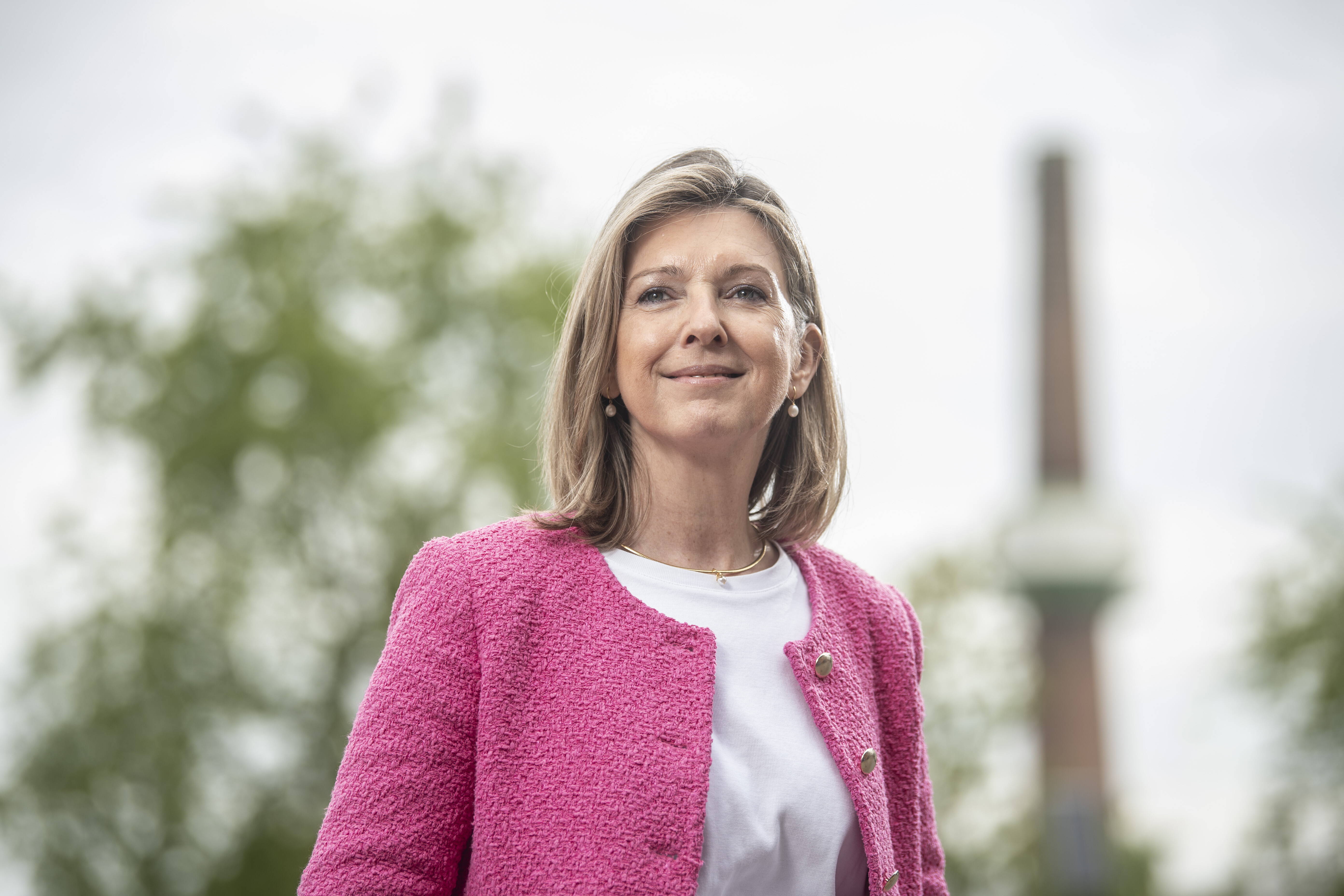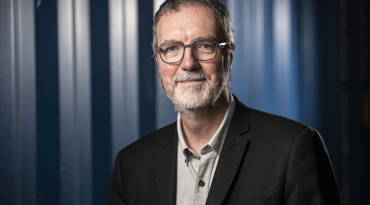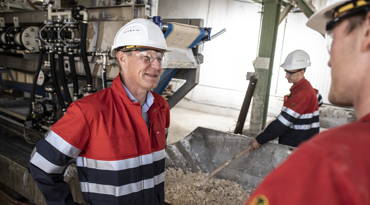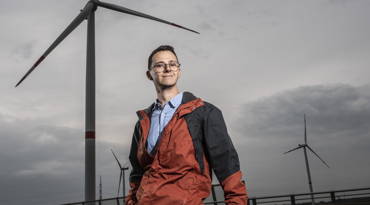Until a few years ago, a sustainable company was above all a good employer who cared about the safety and well-being of its staff. Today, there’s a lot more to it than that. ‘Sustainability is present in everything a company does,’ says Inge Maes at Nyrstar.
No company is an island. Focusing on operating sustainably goes a lot further than putting your own house in order. ‘We look at sustainability across the whole supply chain. What impact do we have on customers within that chain? What impact do suppliers have on us?’
Inge Maes has been the Global Head of Safety, Health, Environment & Quality (SHEQ) and Sustainability at Nyrstar since earlier this year. She is responsible for safety/security, health, environment, quality as well as sustainability for the entire group.
That also includes relationships with suppliers. If those suppliers do not make sufficient effort in terms of sustainability, Nyrstar may call the partnership into question. ‘Simply complying with official regulations and statutory obligations is no longer enough. Our conscience, so to speak, sits with a lot of stakeholders.’

Energy is a major challenge
In the zinc industry, the biggest challenge in terms of the environment and sustainability is energy consumption. ‘The zinc production process may have a low carbon footprint due to the high level of electrification, but it requires a huge amount of electricity. On the other hand, our zinc makes the lifespan of steel twelve times longer and is an indispensable product for the energy transition. Neither solar nor wind farms would be able to withstand the harsh weather conditions they are exposed to without the protection provided by zinc,’ says Inge Maes.
The Nyrstar plant in Balen uses between 1 and 1.5 per cent of the total electricity consumption in Belgium per annum. ‘We do our utmost to use as much green electricity as possible and to make the way we work as energy-efficient as possible.
We use our electrolysis hall as a virtual battery: we produce more when more renewable energy is available and less when there is a downturn in the green electricity supply. That way, we also contribute towards the stability of the Belgian high-voltage grid.’
We look at sustainability across the whole supply chain. What impact do we have on customers within that chain? What impact do suppliers have on us?
Inge Maes,
Global Head of SHEQ & Sustainability at Nyrstar
No paper excercise
In her new role, Inge Maes also has to deal with the new European regulations on sustainability reporting. ‘We are working on a roadmap for reporting in accordance with the CSRD (Corporate Sustainability Reporting Directive).’
In those reports, investors and other stakeholders will find information on how Nyrstar deals with its impact on the ESG themes: environmental, social and governance.
‘This is no paper exercise. It is very specifically about partnerships with customers and suppliers. In the process, it is crucial to keep in touch with what our stakeholders think and feel.’


